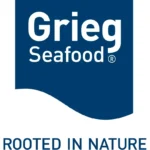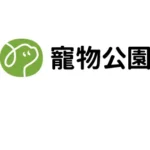South Korean electric vehicle (EV) and battery giants, Hyundai Motor Group and LG Energy Solution Ltd., are advocating for the U.S. to relax its requirements on tax benefits for eco-friendly automobiles. Their push comes amid challenges in manufacturing EVs without relying on Chinese raw materials, which have been restricted by the Biden Administration.
Hyundai, which includes Hyundai Motor Co. and Kia Corp., has urged the U.S. Department of the Treasury and the Internal Revenue Service to increase the threshold for exempting certain battery minerals from foreign entity of concern (FEOC) rules to 10%, up from the current 2%. This proposal reflects the industry’s difficulty in completely eliminating FEOCs from their supply chains immediately.
The company’s request is part of a broader effort to qualify for U.S. federal government incentives for EVs, despite using some minerals from China. Currently, Hyundai’s EVs, including models like the IONIQ 5 and Kia EV6, are ineligible for U.S. subsidies as they are manufactured in South Korea. In response, Hyundai Motor Group is offering discounts to maintain its market share.
Similarly, LG Energy, a leading EV battery manufacturer, has requested that “low-value” materials, comprising less than 10% of a battery’s critical minerals, be exempt from stringent sourcing requirements. This includes materials like cobalt, graphite, and fluorspar, essential for battery components but challenging to source without Chinese involvement.
The U.S. government has tightened battery sourcing rules, disqualifying vehicles that use battery parts or minerals from FEOC-related countries. These new requirements have prompted concerns among EV makers, including industry leader Tesla Inc., about the feasibility and costs of compliance.
Industry groups like the Alliance for Automotive Innovation, representing major automakers, have also weighed in, suggesting a threshold increase to 5%. Meanwhile, the Japan Automobile Manufacturers Association has requested a delayed implementation of the mineral rules.
These developments highlight a significant challenge facing the global EV market: balancing the push for clean energy vehicles with the complexities of international supply chains and geopolitical considerations. As the U.S. government finalizes its decision, the outcomes could have far-reaching implications for the EV industry’s future trajectory.



